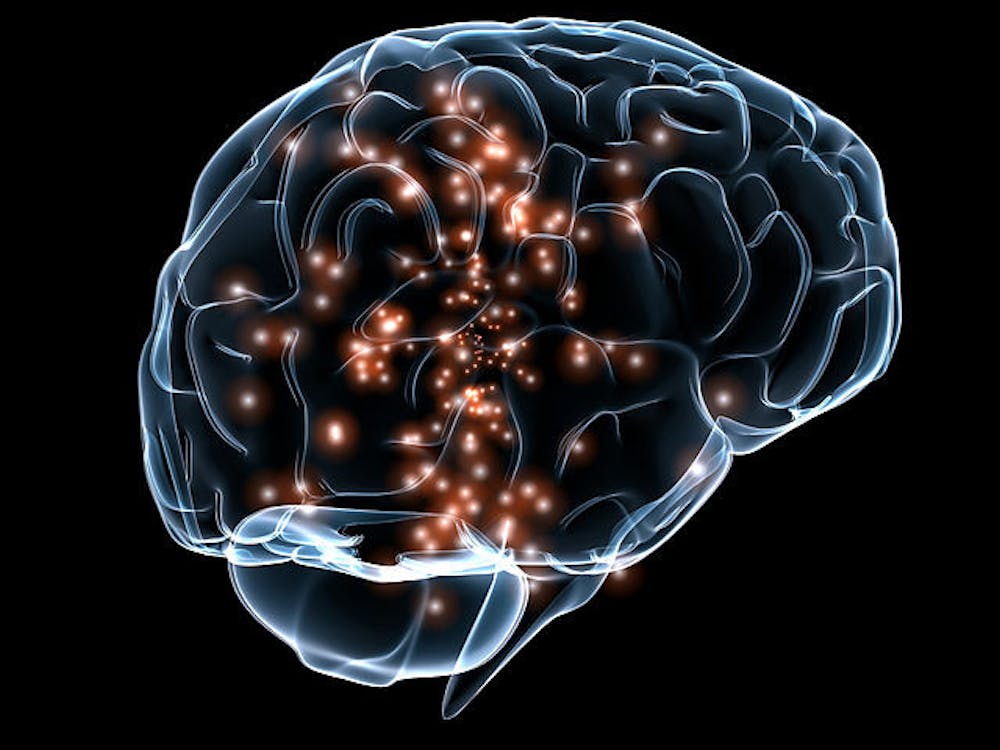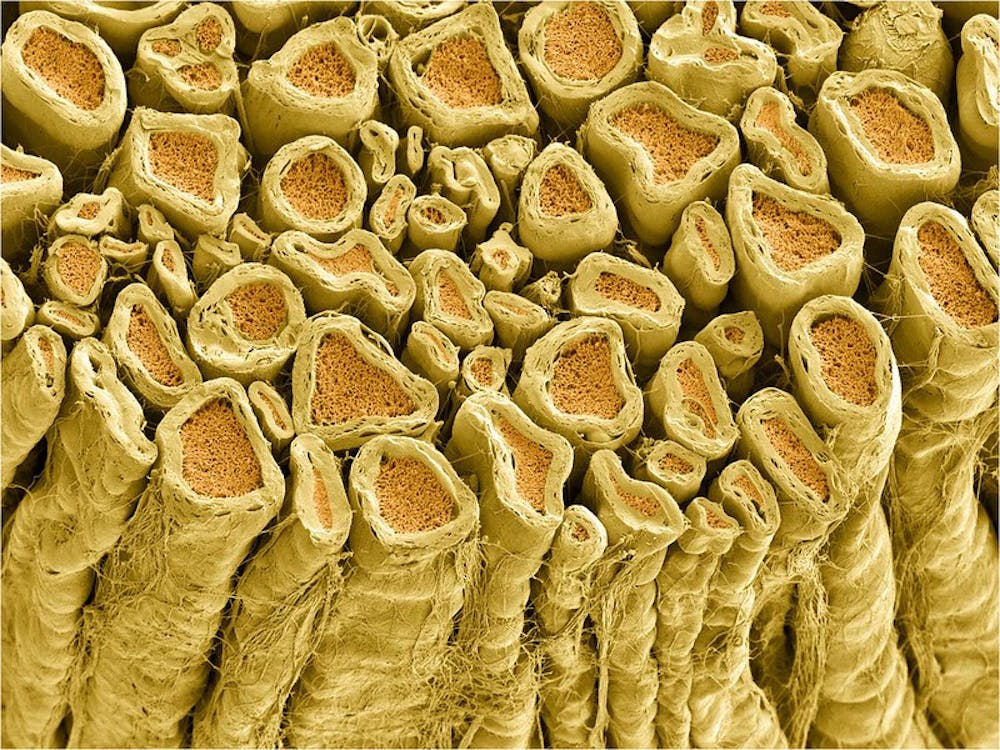Up until the 1950s, people have believed sleep to be a singular process in which the brain stops working and restores its functions. However, Nathaniel Kleitman and Eugene Aserinsky demonstrated through their electroencephalographic (EEG) recordings in 1953 that sleep is composed of five distinct stages.
The first four stages are classified as non-rapid eye movement (non-REM) sleep.
The sense of drowsiness one experiences lying on bed and closing their eyes after a long day introduces stage I sleep, which then leads to light or stage II sleep. Stage III sleep represents moderate to deep sleep, and stage IV is the deepest level of sleep. It’s also the most difficult level to wake someone up from.
After stage IV the brain reaches a different state called rapid eye movement (REM) sleep. At this level, EEG recordings of the brain are strikingly similar to those of an awoken state.
It is also the stage where dreams occur. The brain then reverts to non-REM after approximately 10 minutes.
According to a recent study published in the American Academy of Neurology, Matthew P. Pase of Swinburne University of Technology in Australia and colleagues discovered that lower REM sleep percentage was associated with a higher risk of dementia.
Each percentage reduction would increase one’s risk of dementia by about nine percent. The magnitude of association was similar even after including other factors such as medication use and depressive symptoms.
The researchers took a sample of 321 patients with an average age of 67 from Massachusetts. During the study, participants were followed for an average of 12 years. They observed a total of 32 cases of dementia, and 24 of the patients were diagnosed with Alzheimer’s disease.
The scientific reasoning behind this association may be linked to the idea that disturbed sleep is a common feature in all forms of dementia, including Alzheimer’s disease.
Scientists have determined that sleep is associated with the clearance of extracellular Amyloid beta, a peptide widely believed to lead to Alzheimer’s disease.
“Sleep disturbances are common in dementia but little is known about the various stages of sleep and whether they play a role in dementia risk,” Pase said in a press conference.
The findings also imply that stages of non-REM sleep were not associated with risk of dementia. On average, patients who developed dementia spent 17 percent of their total sleep time in REM sleep, compared to the 20 percent in those who did not develop dementia.
“We set out to discover which stages of sleep may be linked to dementia and while we did not find a link with deep sleep, we did with REM sleep,” Pase added.
In explaining their results, the research team hypothesized that reduced REM sleep is a response to stress. REM sleep is thought to promote synaptic growth and consolidation.
Therefore, REM sleep can act as a buffer to combat against synaptic loss in cognitive decline.
“Our findings point to REM sleep as a predictor of dementia,” Pase continues. “The next step will be to determine why lower REM sleep predicts a greater risk of dementia. By clarifying the role of sleep in the onset of dementia, the hope is to eventually identify possible ways to intervene so that dementia can be delayed or even prevented.”
















Please note All comments are eligible for publication in The News-Letter.